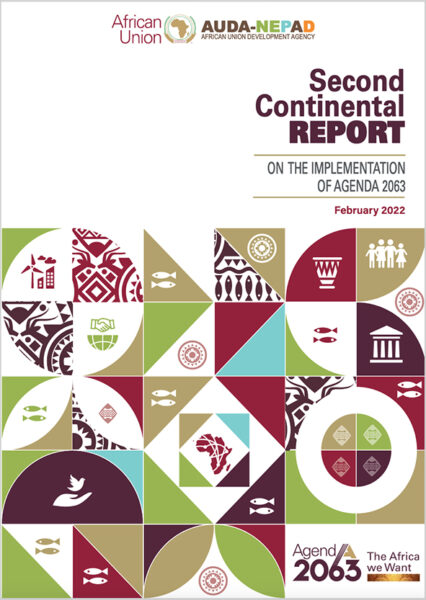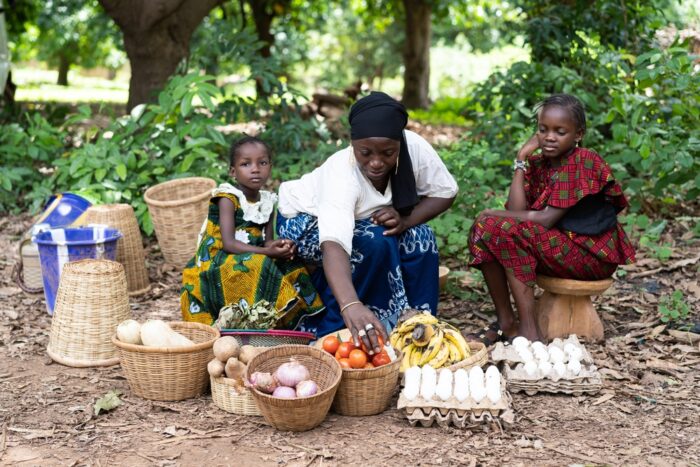With sustained economic and demographic growth, a rising standard of living among its inhabitants and a growing demand for food, China has considerable efforts to make to meet the growing needs of its population. In this context, it has often been criticized by observers who take the view that it is evincing a form of neo-colonialism towards the African continent, not only with regard to mineral resources, but also in the areas of land ownership and agriculture. What is the actual situation? Can China perhaps be seen as a country that is making a massive land-grab in Africa?
In the view of Jean-Jacques Gabas, drawing here on the two most reliable databases on land acquisition across the world, the actual picture is more mixed than it seems. Gabas first re-situates China within world agricultural trade, then provides an insight into global land transactions and a league table of the biggest investors in land, in which China comes sixth, far behind the USA. He then details where these investments have mostly been made and, with regard to the main African countries concerned, indicates the (small) proportion represented by Chinese investment. Lastly, he shows that Africa is not a geographical priority so far as Chinese investment in land is concerned, specifies the nature of Chinese projects on African soil and stresses China’s increasing tendency to focus its activity in Africa on development aid.



